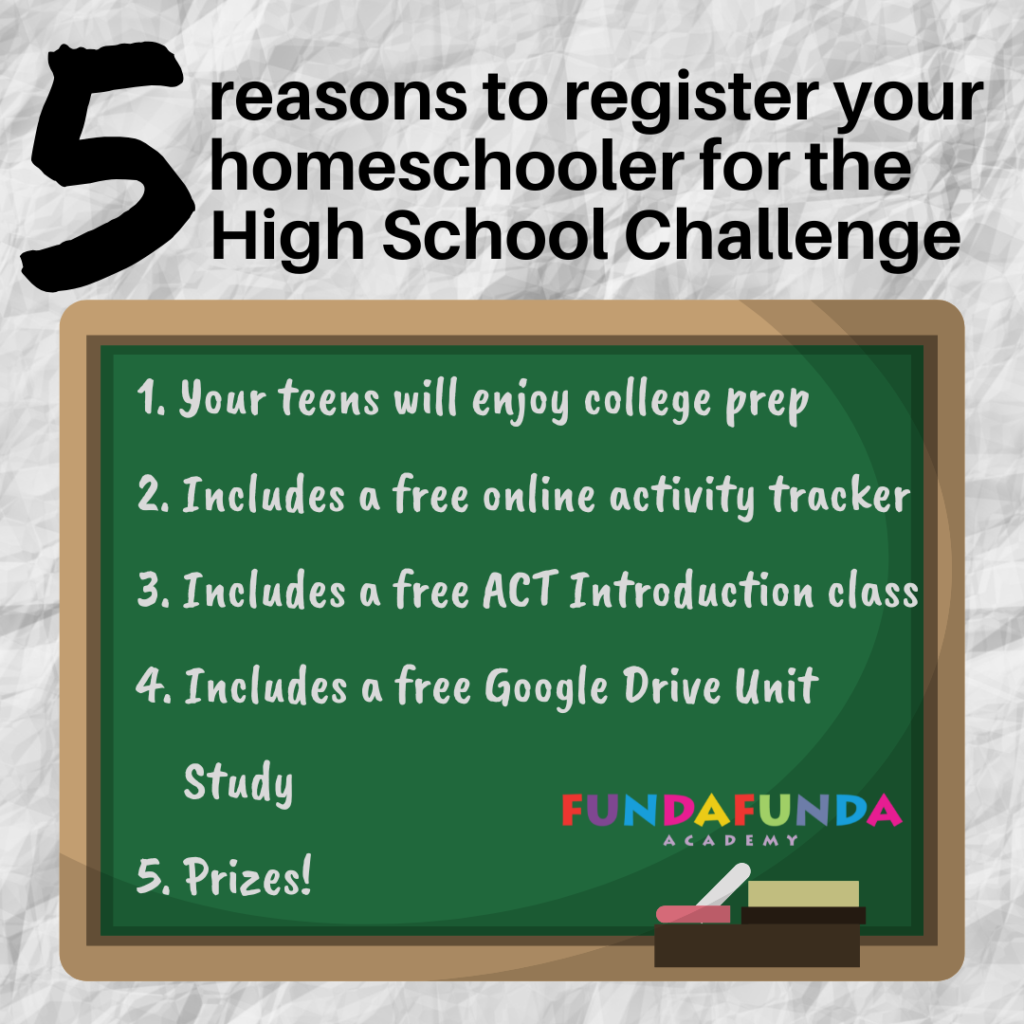After eight years of teaching English at a homeschool co-op, 12 years of homeschooling my own children, and more than 25 years as a newspaper and magazine journalist, I’ve boiled down a few key lessons that I think will help young people be successful in higher education.
Here are five reading and writing skills and strengths your graduating senior should have before heading off to college:
1. Write paragraphs using varying sentence lengths
While this seems obvious, too many teens struggle to shift from text-style writing (short messages with poor punctuation) to long-form academic composition. One of the first lessons I teach in all of my English classes is how to develop paragraphs that have a variety of Simple, Compound, Complex, and Compound-Complex sentences.
Simple sentences offer natural pauses. Compound sentences link two ideas together, and Complex sentences provide continuity from one set of points to the next. From answering essay questions to writing lengthy research papers, presenting information with varying sentence lengths creates a flow of words that’s easier to read and displays the writer’s understanding of the content.
2. Edit with both the eye and ear
If the process of writing a rough draft is tedious, then editing the draft can feel like next-level torture. Reading and re-reading the same sentences – especially if the content is dull – ends up being an ineffective editing method.
This presents the perfect time to read your work out loud because the ear will catch mistakes that the eyes miss. When students read their essays out loud, preferably in a different location than where it was originally written, they’ll stumble upon sentences that don’t flow well, don’t make sense, or have missing bits of information. They’ll hear where the natural breaks should be to start a new paragraph, find a misspelled word, or realize they followed a tangent for way too long.
Take your laptop into a different room, or, better yet, print out your draft and read it aloud outside. Turn silent reading from a screen into an audible production on the front porch, and you’re bound to edit the draft effectively and turn it into a polished essay.
3. Cultivate a discipline for sitting down to read an entire book
One of the trends I’ve noticed in traditional schools is paring down the number of full books high school students read and replacing them with excerpts and articles. I couldn’t believe that some students are graduating high school having read only a few full books across four years. Call me old school, but opting out of novels in exchange for excerpts doesn’t help our already diminishing attention spans.
As a rule, my students are expected to read upwards of eight novels per year, in addition to an array of plays, articles, short stories, and poems. College-bound teens will be expected to engage with textual information effectively, whether in English class or in other disciplines. When students are able to sit down and read a book in its entirety, they are better suited to handle the workload of higher ed and focus on a variety of subjects and assignments therein. (This applies to audiobooks as well.)
4. Be intellectually curious
Why did the author write this book? What was going on in his/her life that prompted the story? What impact did the novel have when it was published?
So much can be gained when we dig deeper into the meaning of a work, its inspiration, and its influence on literature-at-large. The same concept applies to all areas of academia, in fact. Students who excel in STEM subjects will benefit from reading biographies of their favorite scientists, just as history buffs will benefit from including historical fiction into their repertoire. Knowledge is connective, and being intellectually curious sets you up for a lifetime of learning.
5. Re-read books for deeper understanding
This is a no-brainer for older generations who’ve already experienced re-reading a classic novel as an adult that they were made to read in high school. The same applies to students, even if it means re-reading something only a year or two after the original engagement.
I’ve had the pleasure of hearing back from a few students who re-read Mary Shelley’s Frankenstein or George Orwell’s Animal Farm years after it was required reading. They got a little older, gained a little more perspective, and re-read the books out of curiosity, only to discover they loved the stories even more than they did the first time and came away with renewed appreciation. I’ve even had a student re-read Beowulf for fun, which is no small feat.
While there’s no need to revisit every book from high school English, going back to a few favorites, or at least the ones that stuck with you, will offer a deeper understanding of the work and re-establish a connection to the information you learned years ago.
Jennie Miller teaches FundaFunda’s High School English and Independent Honors English classes.
Jennie Miller
Latest posts by Jennie Miller (see all)
- A Case for Reading Both Classic and Contemporary Literature - July 26, 2023
- Five Essential Reading and Writing Skills for Your College-Bound Teen - July 20, 2023






